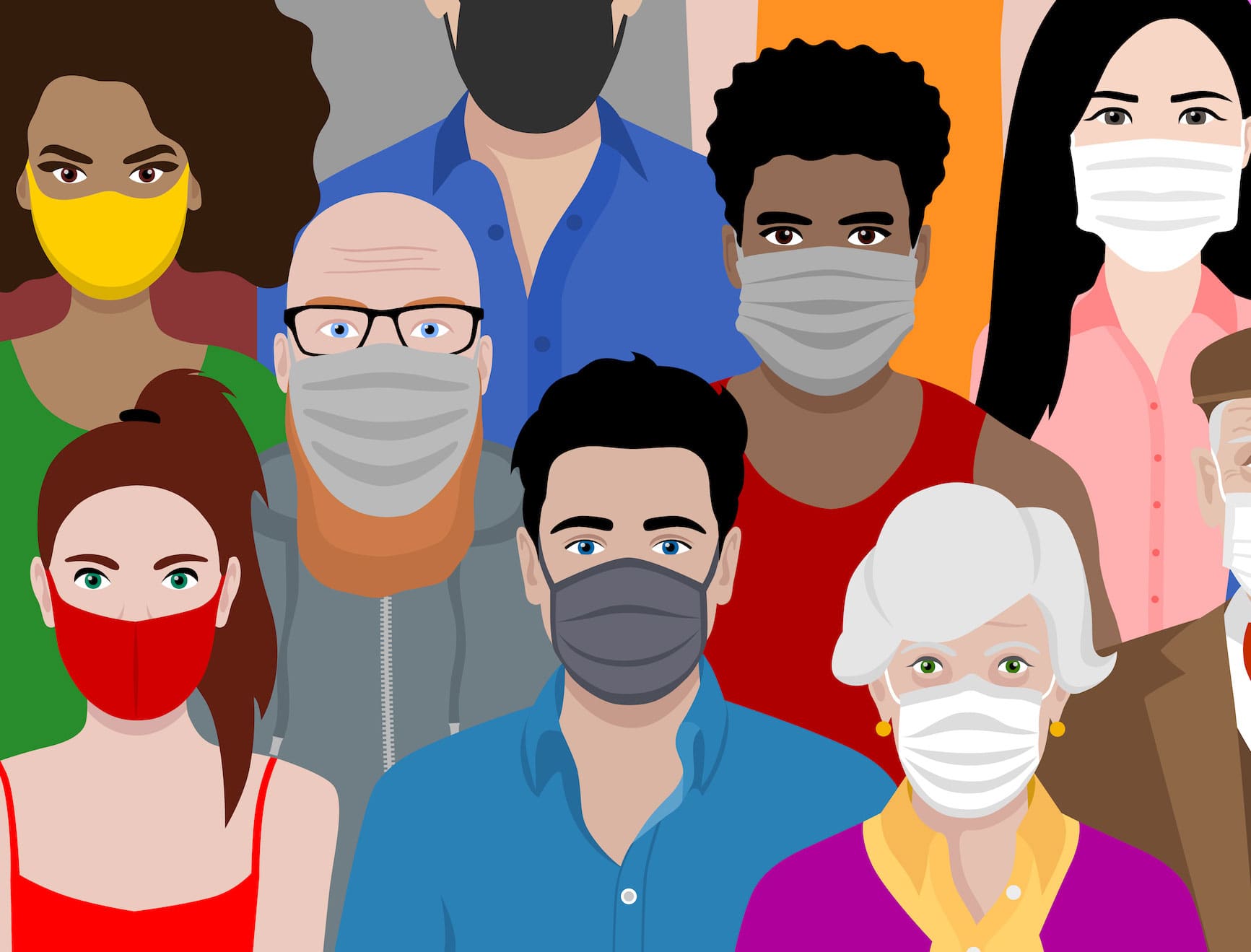Virginia Commonwealth University
Annual Report 2020-2021
Advancing equity

A premier research university. A top hospital system. Highly-ranked arts programs. An urban setting. A deeply ingrained commitment to civic engagement. At VCU, we have all of the ingredients for collaborative, interdisciplinary research that targets the biggest challenges facing our community.
The VCU Community Engaged Research (CEnR) Health Equity Grant Initiative leverages those strengths to advance scientific knowledge and practices related to social determinants of health and health outcomes while promoting community-engaged research. Developed as a partnership between the Office of Institutional Equity, Effectiveness, and Success and the Office of Health Equity, these grants provided up to $25,000 to faculty and community partners to build community systems and achieve equity in health care.
“Health equity is a core value,” said Sheryl L. Garland, MHA, FACHE, executive director of the VCU Office of Health Equity. “Adopting it means addressing barriers and removing obstacles so that our patients and community members can live the healthiest lives possible.”
Health Equity Grants were open to faculty from all disciplines, and cross-campus collaboration was highly encouraged. In its first year, seven grants were awarded, addressing food insecurity, housing justice, the oral health of refugees, and more.
Health Equity Grant Projects
- Richmond Brain Health Initiative: A series of proposed programs and partnerships aim to improve access to education and resources for Alzheimer’s disease and related dementias, particularly for low-income, majority African American/Black older adults in the Richmond area.
- Piloting a Housing Justice Atlas for Virginia: This project will build the foundation of a durable community-based data and social infrastructure to engage with and mobilize impacted communities against eviction and housing instability.
- Developing a Community Advisory Board to Address the Oral Health Needs of Refugee Populations: The proposed year-long project will establish a Community Advisory Board of six to 10 refugee community leaders that will guide the development of an intervention to improve the oral health of refugee adults in Richmond/Henrico County.
- Factors Impacting the Housing Stability of System-Involved Youth and Young Adults in Richmond: This research study will explore the factors that impact youth and young adults who have been system-involved (such as child welfare and juvenile justice) in accessing and maintaining housing stability, which is essential to maintaining mental and physical health in the short and long term.
- Programmatic Evaluation of Use and Efficacy of Little Food Pantries in Food Insecure Spaces: This pilot program seeks to mitigate food insecurity on the VCU campus and in neighborhoods near campus by deploying miniature weatherproof dry goods food pantries stocked with a surplus of nonperishable items and grant funds from the VCU Ram Pantry.
- The Public Health Crisis of Juvenile Justice Involvement: A Social Determinants of Health Framework: This project centers the voices of system-involved youth and their communities to engage the public in understanding the connections between social determinants of health, the blatant disparities in detention rates of minority youth in Richmond, and the efficacy of a public health framework to support healthy juvenile growth and development.
- Addressing Healthy Food Access and Food Insecurity through Data Analytics and Community Engagement: This project aims to address food insecurity in the Greater Richmond area, especially the East End and Southside, by use geospatial methods to improve granular accuracy in identifying food-insecure populations, their socioeconomic characteristics, and advanced modeling to predict food-service demands.